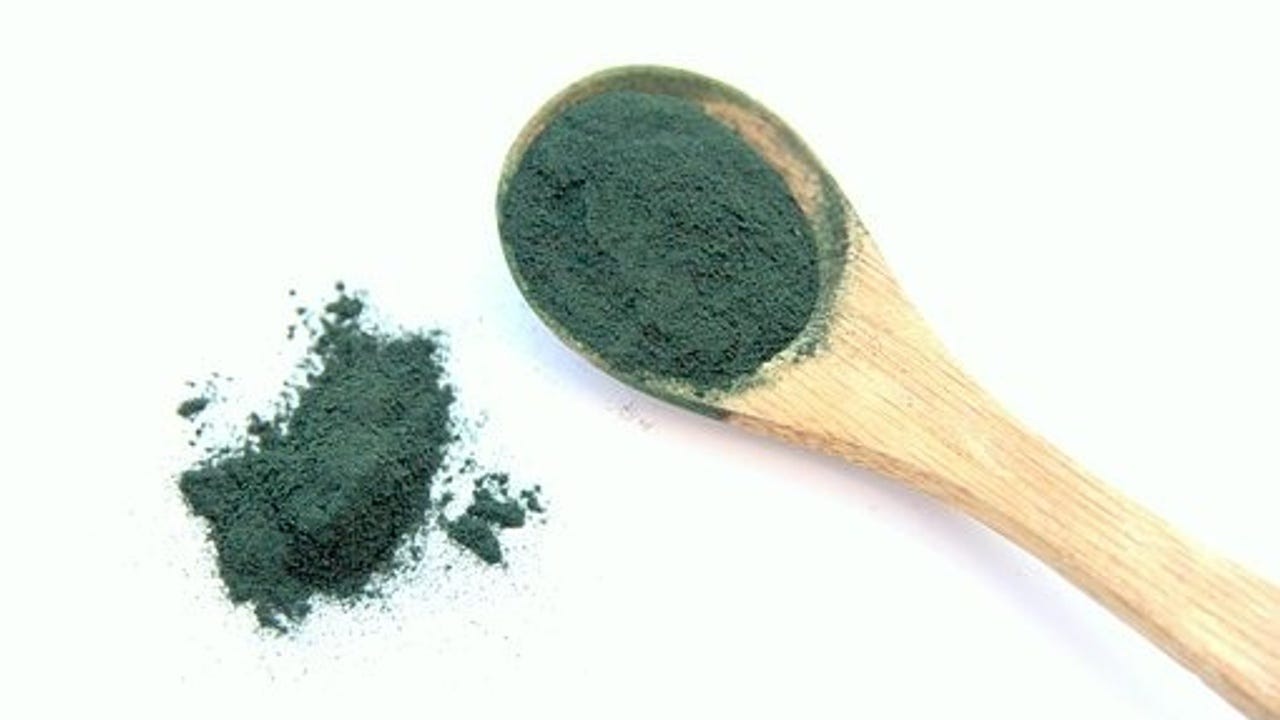What you need to know about Spirulina
Spirulina may have numerous health benefits, but it can also be a source of toxicants like heavy metals and toxins like microcystin. Learn all about spirulina and how to find a clean brand here...
In recent years, Spirulina has taken the health world by storm. Often touted as one of the 'best superfoods' (I hate that term), spirulina’s claim to fame started with NASA including it as a dietary supplement for astronauts during space missions, UN declaring it as the best food of the future, and FDA approving it to be classified as a food.
It did not take long for Spirulina to find its way into consumer products in the form of dietary supplements (tablets, powders, and capsules), and even energy bars, snacks (even popcorn!), smoothies, and health drinks.
Is Spirulina truly this amazing superfood that we should all be including in our daily routine? Results of recent studies seem to offer a contradicting view on whether the risks of contamination from Spirulina overweighs its benefits.
Let’s first take a look at what the craze over Spirulina is all about.
Spirulina and Its Benefits
Often thought of as a type of algae, spirulina is technically a cyanobacteria (bacteria that can photosynthesize). It commonly grows in fresh and saltwater, especially in subtropical and tropical areas of America, Mexico, Asia, and Central Africa.
Nowadays, Spirulina is typically grown commercially in fresh and natural waters like earthen ponds or lakes in or near agricultural areas.
The three main species that have been studied for their nutritional benefits include Spirulina platensis, Spirulina maxima, and Spirulina fusiformis.
Some benefits include:
High in nutrients including chlorophyll, iron, folate, magnesium, beta-carotene, B12, and phytonutrients
Antioxidant and anti-inflammatory properties
Promote healthy cholesterol, blood pressure, and blood sugar control1
Spirulina is also often sold as a complete source of protein (containing the essential amino acids) - which is why a lot of vegan/plant-based eaters incorporate spirulina into their diet.
It provides essential fatty acids (particularly gamma-linolenic acid (GLA)) - which are anti-inflammatory and supports healthy skin, nerve, and hormones.
Some studies have also associated Spirulina with anticancer, antiviral and antiallergic benefits though most of these are small and therefore not conclusive.3
With a nutritional profile like that, Spirulina does sound like a dream superfood. But are there any downsides and how should you look for a quality product? Let’s find out.





